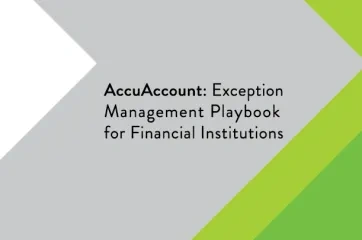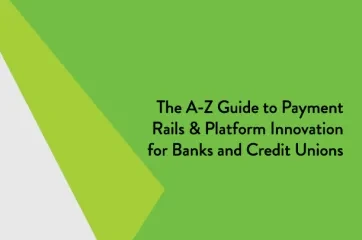A letter of credit is a bank or credit union-issued document guaranteeing a business’s payment for goods or services to a third party up to a specified dollar amount. Companies often use a letter of credit when buying supplies or inventory. For example, an auto dealership may seek a letter of credit to purchase additional cars for its lot.
A letter of credit allows a buyer to establish creditworthiness while simultaneously giving a safety net to the supplier. If the buyer defaults on payment, the seller can issue a letter to the financial institution stating the amount due. The bank or credit union would then issue the remaining balance to the supplier and convert the letter of credit into a bona fide loan to the buyer for the corresponding amount.
A letter of credit is typically considered “off ledger” until the financial institution disperses funds to a seller in lieu of the buyer’s payment.
Letter of Credit Maturity Dates
There are two general types of letters of credit: those that auto-renew and those that do not.
In the case of an auto-renewal letter of credit, if a bank or credit union does not otherwise notify the seller within a specified time prior to the letter’s maturity date, the seller considers the letter of credit automatically renewed. Then the financial institution is committed to that agreement for another term.
Tracking Auto-Renewal Letters of Credit
It’s important for financial institutions to monitor auto-renewal maturity dates—and the notification window prior to them. If the bank or credit union misses a deadline, it will usually be committed to the letter of credit for another term.
Document tracking software, such as AccuAccount, can help lower the potential risk associated with letters of credit. Letters of credit can be set to auto renewable in AccuAccount, making it easier to classify and report on outstanding letters of credit. Exceptions can be set to remind bankers to review upcoming renewals and take appropriate action.
Banking Resources
Need more tips for tracking credit documents and other customer records? Be sure to check out our extensive resource library with free spreadsheets, whitepapers, and eBooks.
Browse our banking definitions page for more terminology.







